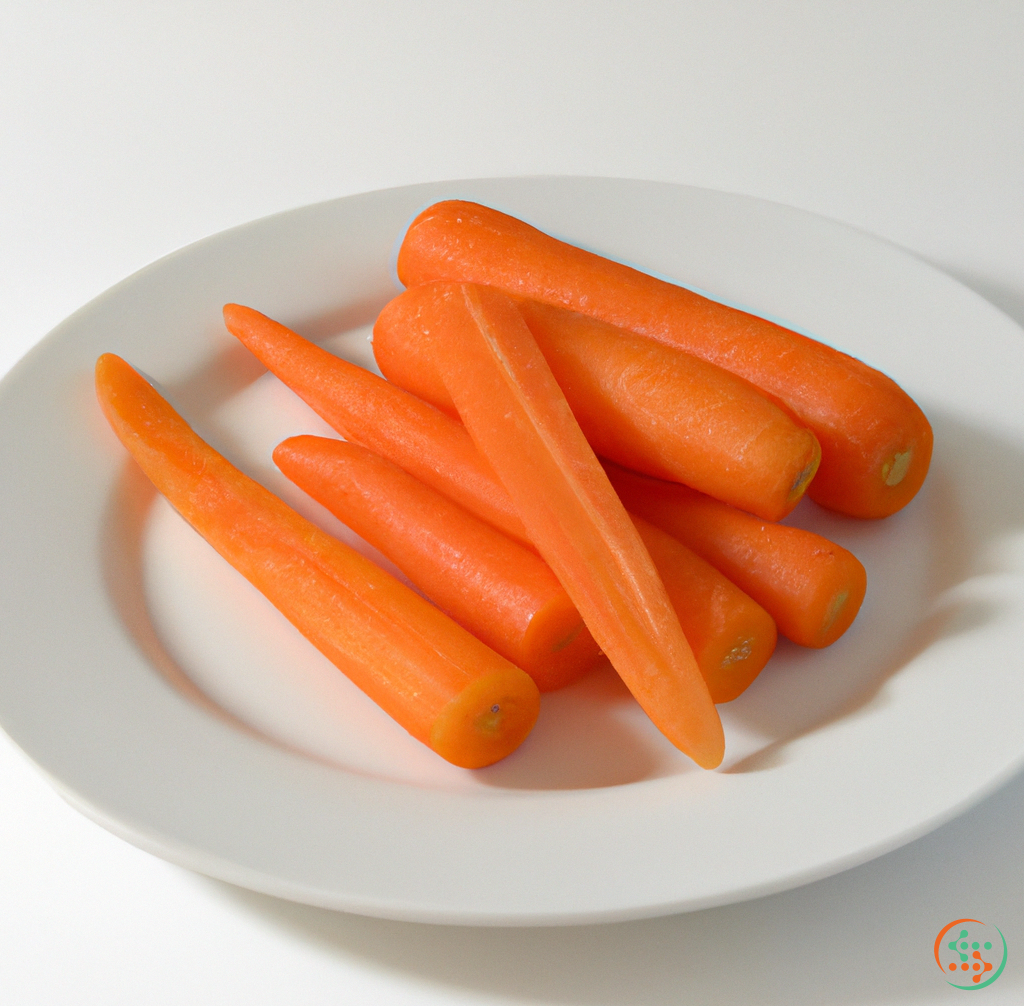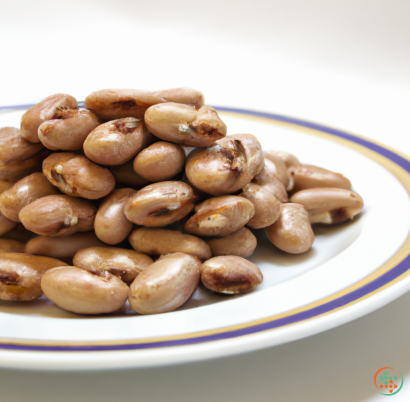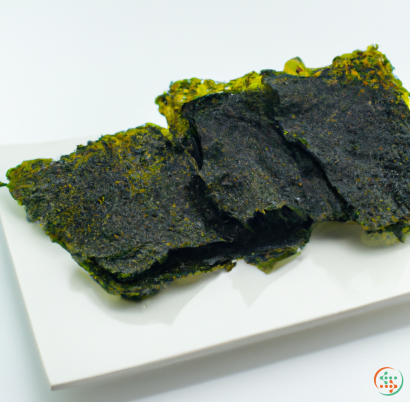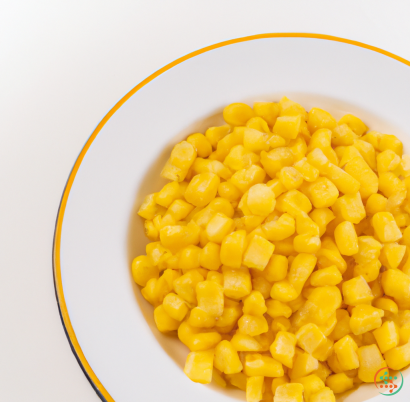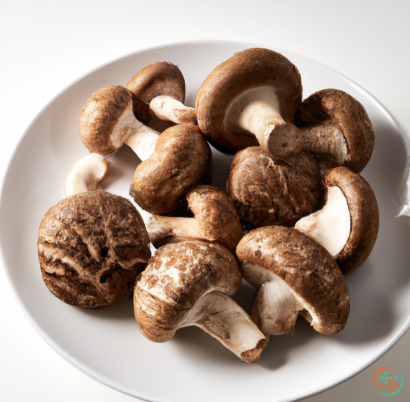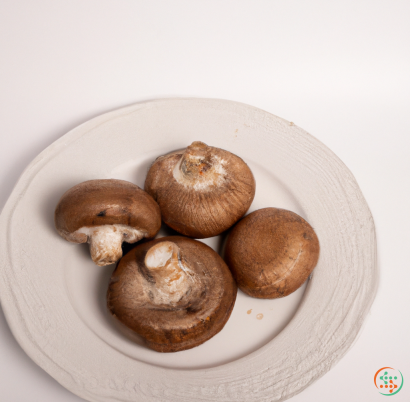Carrots
Carrots – the sweet, orange root vegetable – are one of the most popular and widely used foods in the world. But there’s much more to carrots than their great taste and color. Carrots are an incredibly versatile vegetable, packed with vitamin A, fiber, antioxidants and other important nutrients.
History
The exact origin of carrots is unknown, though most believe they originated in Persia sometime during the 10th century. From there, they spread to Europe and North America, where they have been widely consumed ever since. Carrots were a popular vegetable during the Middle Ages, with many Europeans believing them to be a cure all tonic. Even today, carrots are still widely used in cooking and eating, though in more modernized forms than their original Middle Ages counterparts.
Nutritional Properties
Carrots are an excellent source of Vitamin A and Beta-Carotene. Vitamin A helps maintain proper eye sight and can even help protect against age-related vision loss. Beta-Carotene, on the other hand, is converted into Vitamin A in the body and can help to protect against some forms of cancer, heart disease, and stroke. Carrots are also a good source of dietary fiber, vitamin C, potassium, iron and several other important antioxidants and nutrients. Plus, since carrots are very low in calories, they make for a healthy snack or side dish.
Uses
Carrots are an incredibly versatile vegetable that can be used in a variety of ways. Of course, carrots can be eaten raw, cooked, or even juiced. If cooked, carrots can be boiled, steamed, roasted, fried, or even included in soups and stews. Carrots can also be grated and used in salads and slaws. Additionally, carrots can be added to sweet and savory dishes, desserts, smoothies and even baked goods.
Health Benefits
Carrots are packed with nutrients and provide numerous health benefits. As mentioned above, carrots are an excellent source of Vitamin A and Beta-Carotene, both of which are linked to improved eye sight, cell growth, reproduction, and immune system function. Plus, carrots contain a wide variety of antioxidants, including polyphenols and carotenoids, which help to protect against free radical-induced damage and can even help slow the aging process. Additionally, research suggests that carrots may help reduce cholesterol, aid in digestion and even help to support healthy bones and teeth.
Tips for Eating Carrots
Eating carrots is a great way to get your daily dose of essential vitamins and minerals. Here are some tips for making the most of this amazing vegetable:
• Buy organic when possible - since carrots are typically peeled before eating, look for organic varieties to minimize exposure to pesticides and other chemicals.
• Store carrots without washing - wiping them off lightly with a damp cloth is all you need to do.
• Cook or bake carrots - boiling, roasting and baking make carrots especially sweet and delicious.
• Parboil them first - parboiling carrots helps to bring out their sweetness and softens them for later cooking.
• Don’t discard the tops - you can use the green tops to make a soup stock or as a garnish.
• Choose the right variety - baby carrots are sweeter and often more tender than their regular-sized counterparts.
Conclusion
Carrots are a tasty and nutritious vegetable that can be cooked and eaten in a variety of ways. They’re an excellent source of Vitamin A and Beta-Carotene and a good source of fiber, Vitamin C, potassium, and other antioxidants and nutrients. Plus, research suggests that carrots may help reduce cholesterol, support healthy bones and teeth, aid digestion, and even help protect against cancer, heart disease, and stroke. So the next time you’re looking for a delicious and nutritious snack or side dish, don’t forget to add carrots to your list!
The Journey of a Carrot From Seed to Dinner Plate
Whether it is boiled, steamed, fried, or raw, the carrot is a popular vegetable item that is eaten all over the world. But how do carrots get to your dinner plate? The journey of a carrot starts as a seed in the soil and ends with a crunchy and flavorful bite of carrot at the table. Along the way, numerous steps are taken to turn a tiny seed into an edible, nutritious vegetable.
From the Seed to the Soil
Carrot seeds are small and round and they come in various sizes and shapes. They are usually a grayish-brown color and contain several plant components, including an embryo, endosperm, and germ. Inside the seed is the potential for a single carrot plant.
Before planting, seeds must be treated in one of two ways - either soaked or lightly sanded. Soaking seeds in water for 10-12 hours softens them and encourages sprouting. Sanding lightly removes some of the protective outer surface, allowing moisture to penetrate the seed more easily and promoting germination.
Once the seeds are prepped, they can be planted in soil. Carrots prefer well-drained, loose sandy soil with compost, aged manure, and other organic matter worked in. Seeds should be planted 1/2 inch deep and kept moist until they germinate. In warm weather, in soil temperatures at least 65°F, germination should occur within 6-10 days.
From the Ground to the Plant
After the seeds have sprouted, the growth of the carrot can start. As the seedling grows, thinning is often done so the plants are about 1-2 inches apart. This allows the roots ample room to grow and reach their full potential. Weeding should also be performed regularly to keep the soil near the plants clear of weeds.
Carrots appreciate ample amounts of water and soil with a neutral pH of 6.0 to 7.0. They benefit from regular fertilization with a nitrogen-rich fertilizer and like full sun exposure, although they can tolerate some light shade.
As the carrot plants continue to grow, they eventually form a root that looks like a carrot. Typically, full-grown carrots are ready to harvest within two months.
Harvesting and Storing
At harvest time, the carrot is usually pulled out of the soil. Do not pull it too hard, as this can damage the roots. Once fully out of the ground, the tops of the carrots should be cut off to prevent subsequent growth. If good weather continues, carrots can remain in the soil for a month or longer after they reach full size.
Proper storage of harvested carrots is key for keeping them fresh and preserving their nutrients. Carrots should be washed, patted dry, and stored in a plastic bag or container in either the refrigerator or a root cellar. When stored this way, carrots can be kept fresh for up to 6 months.
From the Pantry to the Plate
Carrots are popular for their crunchy texture and sweet taste, and can be eaten raw, cooked, or juiced. Raw carrots can be grated and added to salads, sliced into sticks as snacks, or eaten as-is.
Many popular dishes call for cooked carrots. The cooking time will depend on the size and type of carrot being used. Baby carrots cook faster than full-sized carrots and need just three to five minutes of boiling while larger carrots require more time, up to 15 minutes. Depending on the desired texture, carrots can also be steamed, roasted, sautéed, or microwaved. Carrots can even be frozen and stored for later use.
Carrots are great additions to many dishes. They can be used to add sweetness to stews and soups, to add texture to casseroles and stir-fries, or even pureed and made into creamy sauces. Carrots also add color and flavor to dishes such as risottos and veggie burgers.
The Benefits of Carrots
Carrots are highly nutritious and contain large amounts of beta-carotene, a source of vitamin A, which helps to maintain healthy eyesight and boost the immune system. Carrots also provide a good source of dietary fiber, which helps to regulate blood sugar and cholesterol. Other essential vitamins and minerals found in carrots include vitamins B, C, and K, calcium, magnesium, and potassium.
The journey of a carrot from seed to your dinner plate is a long one, but it is well worth the effort. Carrots are not only delicious and versatile, but their nutrient-rich contents make them an excellent addition to any meal.
| Vitamin A | 0.835 mg | |
| Beta-Carotene | 0.008285 grams | |
| Alpha-Carotene | 0.003477 grams | |
| Vitamin E | 0.66 mg | |
| Vitamin K | 0.0132 mg | |
| Vitamin C | 0.0059 grams | |
| Vitamin B1 | 0.07 mg | |
| Vitamin B2 | 0.06 mg | |
| Vitamin B3 | 0.98 mg | |
| Vitamin B4 | 0.0088 grams | |
| Vitamin B5 | 0.27 mg | |
| Vitamin B6 | 0.14 mg | |
| Vitamin B9 | 0.019 mg |
| Calcium | 0.033 grams |
Daily Value 1.3 g
|
| Iron | 0.3 mg |
Daily Value 0.018 g
|
| Magnesium | 0.012 grams |
Daily Value 0.4 g
|
| Phosphorus | 0.035 grams |
Daily Value 1.25 g
|
| Potassium | 0.32 grams |
Daily Value 4.7 g
|
| Sodium | 0.069 grams |
Daily Value 2.3 g
|
| Zinc | 0.24 mg |
Daily Value 0.011 g
|
| Copper | 0.05 mg |
Daily Value 0.9 mg
|
| Manganese | 0.14 mg |
Daily Value 0.0023 g
|
| Selenium | 0.1 ug |
Daily Value 0.055 mg
|
| Fluoride | 0.0032 mg |
Daily Value 0.004 mg
|
| Tryptophan | 0.012 grams | |
| Threonine | 0.191 grams | |
| Isoleucine | 0.077 grams | |
| Leucine | 0.102 grams | |
| Lysine | 0.101 grams | |
| Methionine | 0.02 grams | |
| Cystine | 0.083 grams | |
| Phenylalanine | 0.061 grams | |
| Tyrosine | 0.043 grams | |
| Valine | 0.069 grams | |
| Arginine | 0.091 grams | |
| Histidine | 0.04 grams | |
| Alanine | 0.113 grams | |
| Aspartic Acid | 0.19 grams | |
| Glutamic Acid | 0.366 grams | |
| Glycine | 0.047 grams | |
| Proline | 0.054 grams | |
| Serine | 0.054 grams |
| Glucose | 0.59 grams |
|
| Fructose | 0.55 grams |
|
| Sucrose | 3.59 grams |
|
| Total Sugars | 0.131141 grams |
per 100g
|
| Palmitic acid (16:0) | 0.04 grams |
|
| Total Saturated fatty acids: | 0.04 g | |
| Oleic acid (18:1) | 0.01 grams |
|
| Total Monounsaturated fatty acids: | 0.01 g | |
| Linoleic acid (18:2) | 0.12 grams |
|
| Total Polyunsaturated fatty acids: | 0.12 g | |
